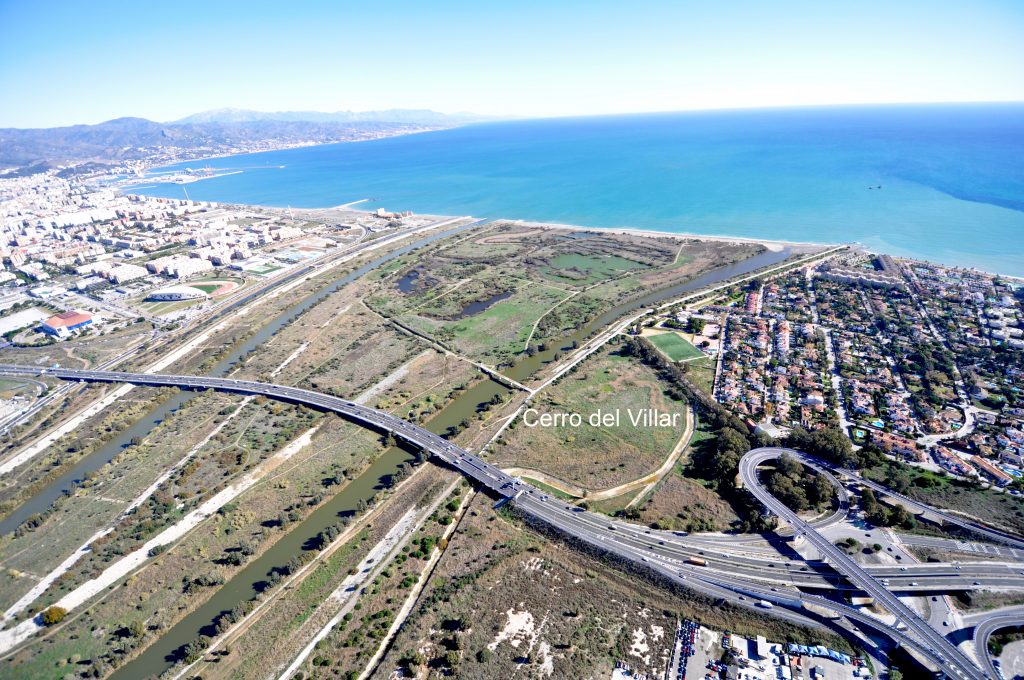Fieldwork

Location: Guadalmar, Málaga, Spain
Season: August 25, 2024 to September 21, 2024
Session Dates: August 25 to September 21, 2024
Application Deadline: March 29, 2024
Deadline Type: Rolling
Website: https://voices.uchicago.edu/archaeology-in-spain/
Program Type:
Field School, Volunteer
RPA Certified:
No
Affiliation:
University of Chicago
Project Director:
David Schloen and Carolina López-Ruiz
Project Description:
The University of Chicago is cooperating with Spanish archaeologists to excavate the Iron Age Phoenician colony of Cerro del Villar on the outskirts of the city of Málaga on the south coast of Spain. This eight-hectare (20-acre) archaeological site lies beside the Guadalhorce River, one kilometer from the Mediterranean shore. In ancient times it was an island in the wide mouth of the river, which has since silted up. It was settled by Phoenicians from the Levant no later than the eighth century BCE and then abandoned in the sixth century BCE, with no later town built on top of the Phoenician buildings. Most Iron Age Phoenician towns are buried under modern cities and are largely inaccessible, thus Cerro del Villar provides a rare opportunity to obtain an extensive exposure of the urban layout and to investigate the causes and consequences of the exploration and colonization of the Iberian peninsula three millennia ago by people from the other end of the Mediterranean. Long before the Greeks and Romans, these people — descendants of the Bronze Age Canaanites who lived on the coast of what is today Lebanon and northern Israel and were called “Phoenicians” by the Greeks — established a pan-Mediterranean network of trade and communication that affected the entire course of ancient history. They brought with them the urban culture of the Near East and the alphabetic writing system and religious beliefs, practices, and stories of the ancient Levant.
The overall head of the current research at Cerro del Villar is José Suárez Padilla, an archaeologist at the University of Málaga. The University of Chicago excavation team is co-directed by David Schloen, Professor of Archaeology in the Institute for the Study of Ancient Cultures and Department of Near Eastern Languages and Civilizations, and Carolina López-Ruiz, Professor of Ancient Mediterranean Religions and Mythologies in the Divinity School and Department of Classics, who is an expert on Phoenician religion and history and the author of Phoenicians and the Making of the Mediterranean (Harvard, 2022). The University of Málaga excavation team is co-directed by José Suárez Padilla and Manuel Álvarez Martí-Aguilar, a professor of ancient history with expertise on the Phoenician period in Spain. The two teams are working closely together to explore different sectors of the archaeological site.
After two successful seasons of excavation in 2022 and 2023, we plan to return to Cerro del Villar from August 25 to September 21, 2024, to continue the work. For more information and instructions on how to apply to join the excavations, go to our website.
Period(s) of Occupation: Iron Age
Project Size: 25-49 participants
Minimum Length of Stay for Volunteers: 4 weeks
Minimum Age: 18
Experience Required: None
Room and Board Arrangements:
Participation fee is $4,000 (reduced to $3,000 for University of Chicago students) and includes evening lectures, three weekend field trips, and full room and board for 27 nights at the Holiday Inn Express Málaga - Aeropuerto (two persons per room) with breakfast and dinner in the hotel and lunch at a nearby restaurant.
Academic Credit:
Academic credit available from the University of Chicago by enrolling in the "Field Archaeology" course of the Summer Session (https://summer.uchicago.edu/). Enrollment in the course is not required for participation.
Prof. David Schloen
1155 East 58th Street
Chicago
IL
60637
U.S.A.
Phone: (773) 702-1382
The AIA is North America's largest and oldest nonprofit organization dedicated to archaeology. The Institute advances awareness, education, fieldwork, preservation, publication, and research of archaeological sites and cultural heritage throughout the world. Your contribution makes a difference.